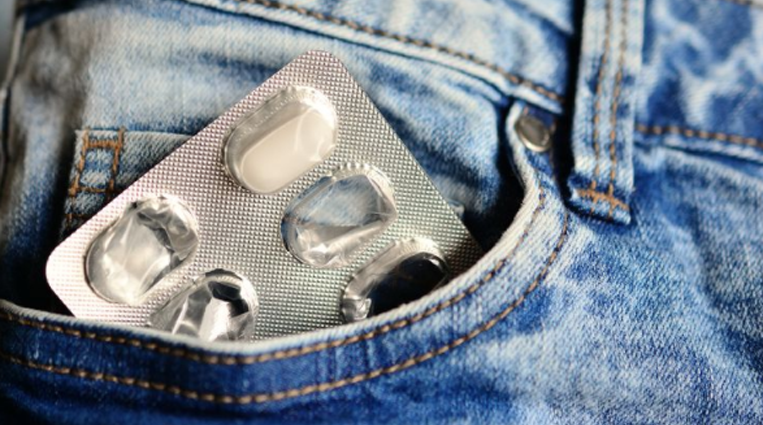|
|
It’s a fact that parents think they know what their teenage children are up to. But in most two-parent homes, both of them work and many have more than one job, making supervision a low priority. In homes with just one parent, there is even less supervision. Some surveys show parents believe that neither alcohol nor marijuana are available at the parties their children attend. But when the kids are asked, fifty percent admit that there are drugs and alcohol readily available at their social gatherings. Prior to the internet, parents knew most or all of their children’s friends, but that has also changed. The advent of social media, chat rooms and smart phones has make supervision even more difficult.
Postponing the Talk
It is vitally important for parents to have a dialogue with their children beginning at an early age, about the dangers of both alcohol and drugs. Parents in general find it difficult to discuss such matters, and take the easy route by postponing the discussion until the kids are a little older. Often much too late.
Online Resources for Parents
If the topic of drugs and alcohol is too difficult to broach or if you as parents don’t feel equipped or knowledgeable enough, there are many online resources available to educate and provide yourself with many ideas on how to begin the conversation. Two helpful websites are: theantidrug.com and teen-drug-abuse.org.
The Earlier the Better
The earlier you start the conversastion, the better the chance of steering your children away from drug and alcohol addiction. Studies show the younger children begin experimenting with drugs and alcohol, the more they are apt to becoming addicted in later years. Nearly ninety percent of people who have a substance abuse or dependence disorder began their habit under the age of 18, and nearly fifty percent started under 15. One study showed over 43% of high school seniors actually admitted having used marijuana.
Behavioral Issues
Compounding their substance abuse problems, many teenagers and young adults have one or more behavioral problems such as: inattention, hyperactivity, impulsivity, risk-taking, and conduct disorders. Also psychiatric problems such as anxiety, depression, traumatic events or memories, self-harm / mutilation or suicidal throughts. Plus aggression, violence or criminal problems, as well as multiple sexual affairs.
Be Alert to the Signs
Be alert to early signs of drug and alcohol use. The obvious signs of intoxication are slurred speech, the smell of alcohol, drug paraphernalia hidden away in drawers, back packs, etc., change in sleeping habitrs, school performance, general behavior, new friends that are unknown to you, less interest in school events and sports. Have good talks with your kids.
Invincible Teenagers
An important key to the damages of adolescent addiction is their undeveloped and still growing brain. Human brains are not full developed until the age of 24-25. The prefrontal cortex in mature brains is involved with planning and decision making. It acts as the guard, deciding what activities are safe or risky, choosing certain activities over others. The immature brain of teenagers can explain why they engage in risky skateboarding, violent action video games and TV shows, unprotected sex, driving fast, and drug and alcohol use without regard to the consequences. Teenagers think they’re invincible.
Get Involved
It is necessary to be a concerned and involved parent in all aspects of your children’s lives. Their health is of prime importance. Consider the “discussion” as being an important health talk – to make them safer. Let them know that whenever they feel the slightest bit unsafe they should call you to come and get them immediately. And leave any discussion about it for another day.
This report is not a diagnosis. We hope this information can guide you toward improving your life.
Review our Knowledge Base or the links displayed on this page for similar and related topics.
See Also:
Center for Substance Abuse Prevention (CSAP)
Center for Substance Abuse Treatment (CSAT)
National Clearing House for Alcohol and Drug Information
National Institute on Alcohol Abuse and Alcoholism (NIAAA)
National Institute on Drug Abuse (NIDA)

